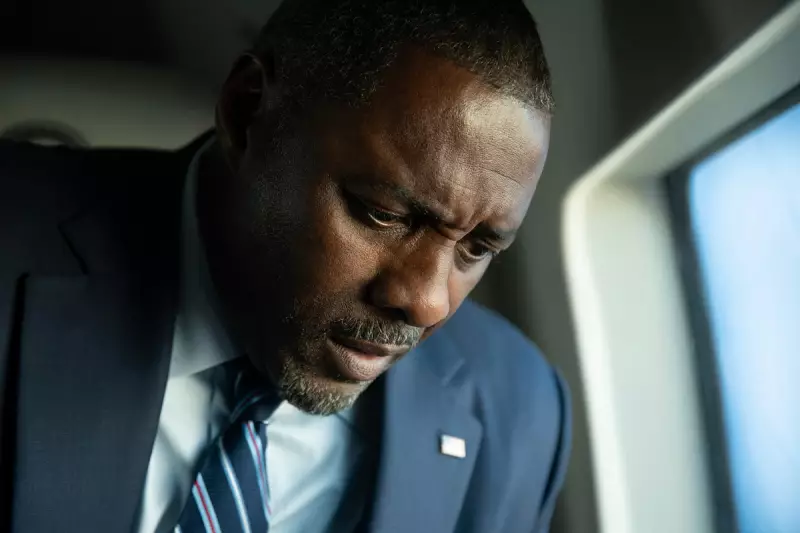
Netflix's latest thriller series "A House of Dynamite" has been detonated by a former British Army explosives expert who warns the show contains dangerously misleading information that could prove catastrophic if replicated in real life.
Andy Cressey, who served as an Ammunition Technical Officer with the British Army for over 23 years, has delivered a devastating critique of the streaming giant's new production. In a detailed analysis, he highlighted multiple scenes that demonstrate "fundamental misunderstandings" of explosive safety protocols.
Reality Versus Reel Life
"The programme contains numerous examples of poor and inaccurate explosive safety procedures," Cressey told The Independent. "If members of the public were to replicate these scenes, they could cause serious injury or death."
Among the most concerning inaccuracies identified by the expert is a scene where characters handle commercial explosives without any personal protective equipment. "In reality, this would be unthinkable," Cressey explained. "The risks of static electricity alone could prove fatal."
A Pattern of Problems
This isn't the first time streaming services have faced criticism for glamourising dangerous activities. However, Cressey emphasises that explosives represent a particularly serious category where accuracy matters.
"Unlike other dramatic liberties taken in television, mistakes in depicting explosive handling can have immediate and tragic consequences," he warned. The former Army officer expressed particular concern about younger viewers who might attempt to recreate what they see on screen.
Industry Responsibility Questioned
The revelation raises important questions about streaming platforms' responsibility when depicting dangerous activities. While creative freedom is valued in entertainment, experts argue that certain subjects require greater diligence.
Netflix has yet to respond to the criticism, but the incident highlights the growing scrutiny facing streaming services as their influence expands globally. As Cressey noted, "When you're dealing with subjects that can kill people, getting it right isn't just about good television - it's about public safety."





